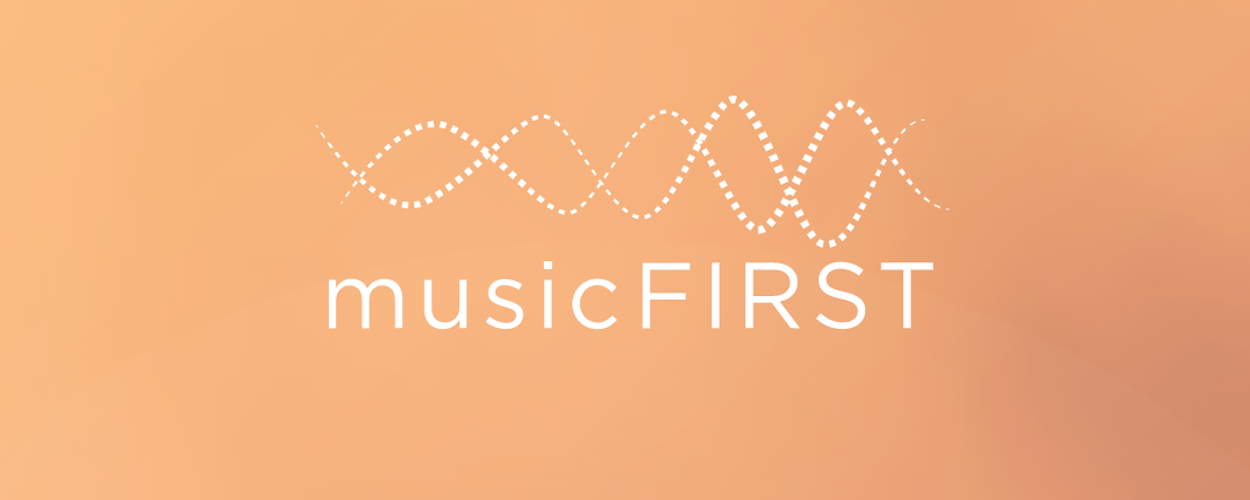This website uses cookies so that we can provide you with the best user experience possible. Cookie information is stored in your browser and performs functions such as recognising you when you return to our website and helping our team to understand which sections of the website you find most interesting and useful.
Business News Legal Media
musicFirst hits out at NAB as majority of US representatives oppose radio royalty for artists and labels
By Chris Cooke | Published on Thursday 6 August 2020

Campaign group musicFIRST has responded to the news that the American radio industry’s bid to avoid paying any royalties to artists and labels now has majority support in the House Of Representatives in Washington.
US copyright law is somewhat unusual in not providing a general performing right for sound recordings. That means that, whereas in most countries AM/FM radio stations need licences covering both songs and recordings, in the US only the former is needed. No permission is required from artists and labels, and no money is paid to the record industry.
Needless to say, said record industry doesn’t like this and has been campaigning for decades to bring US copyright law in line with copyright law in much of the rest of the world. So far without success.
The most recent proposals to get a radio royalty for artists and labels are set out in a thing called the Ask Musicians For Music Act. But, obviously keen to avoid having to pay any money to artists and labels, the radio industry came up with its own proposals called The Local Radio Freedom Act, which is basically designed to get US politicians to commit to not support the music industry’s proposals.
And, as of last week, 223 members of the House Of Representatives in US Congress had pledged support to the radio industry’s proposals, which is sufficient to block the music industry’s bid for a change to the law.
The National Association Of Broadcasters was predictably pleased with that development, thanking US politicians for pledging their support to their “hometown radio stations by co-sponsoring the Local Radio Freedom Act”.
Its CEO Gordon Smith added: “A performance royalty would inhibit musicians’ exposure on free and local radio, hurt stations’ ability to serve their communities, and damage the long-standing relationship between broadcasters and the recording industry”.
All of which is bullshit of course, because none of those things have happened in all the other countries where radio stations do pay recording royalties, but that’s a pretty good summary of the US radio industry’s arguments against paying any money to artists and labels. All he forgot to mention is that the record industry should be grateful for all the free promotion the radio stations give its releases.
Oh, look, Smith hadn’t finished. “In these difficult times for all businesses, radio broadcasters thank lawmakers for opposing a job-killing performance royalty and look forward to continuing to provide unparalleled promotional value for new and established performing artists”.
For its part, musicFIRST, which has long been campaigning for a radio royalty on recordings, noted how much work the NAB had put into securing the support of 223 representatives for their non-act act. It then suggested that all the money spent on that lobbying could have been put to much better use supporting the people that make the music that fills the airwaves of the NAB’s member stations.
“Rather than paying music creators for their work, as streaming services and broadcasters overseas do, the NAB has spent more than $15 million on lobbyists to get big radio’s interests heard on Capitol Hill”, musicFIRST said in a statement. “That’s more than twice the amount that small US broadcasters would have to pay in royalties under the small business licensing caps in the bipartisan Ask Musicians For Music Act”.
Not only that but, musicFirst added, the NAB’s proposals are misleading, not least the use of the term ‘local radio’ in the title. “While the NAB talks about ‘local’ radio, American radio is dominated by a handful of billion dollar companies who own and operate a majority of stations across the nation”, it said.
“Most ‘local’ stations are actually owned by large conglomerates, which for years have been homogenising content and cutting costs by firing local talent”, it went on. “These large broadcasters also happen to be the NAB’s largest members”.
Concluding, musicFIRST stated: “Big radio is big business. The NAB has shown that they are willing to spend and to say anything to prevent large broadcasters from having to pay artists for the right to play their recordings on terrestrial radio. By following the money and seeing who the NAB really represents, we’re confident that Congress will see through their smokescreen and do right for American music creators”.
Of course, while the NAB may now have majority support in the House Of Representatives, elections are looming, so that support is not assured long-term. Which means the record industry’s fight for radio royalties will continue.





